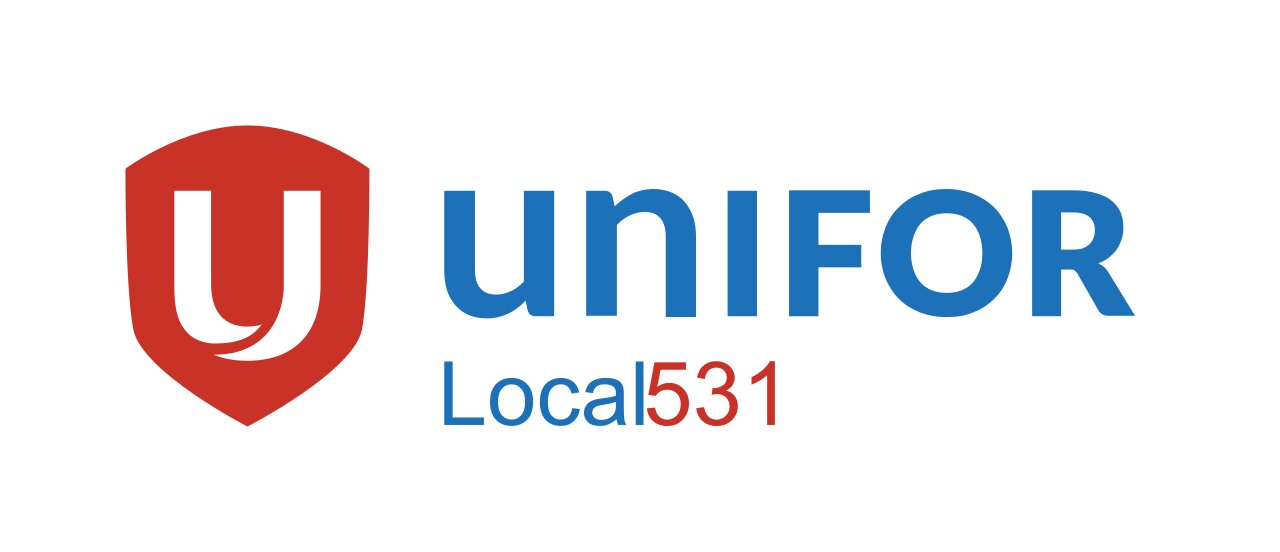Share
This message is to ensure you understand your legal rights and responsibilities during the potential strike by Air Canada Flight Attendants (CUPE) that could begin Saturday, August 16 at midnight. Please keep this email for reference and speak with your union leaders if you have any questions. As always, we are here to support you. If you have any questions, need support or are feeling unsafe, please reach out to your Unit Chair at your Base.
For more information about the Air Canada flight attendants current contract negotiations please visit www.unfaircanada.com, www.accstrikehq.ca and Bargaining Committee - AC Component.
What's Happening
- The Air Canada Component of CUPE has taken legal steps toward strike action.
- In return, Air Canada has issued a lock out to the Flight Attendants.
- If no agreement is reached before August 16, picket lines may be in place at airports across Canada, including at employee parking lots and entrances.
While this strike involves a different union, it could affect your ability to get to work, park, or enter the terminal.
Strike or Lock Out. What's the Difference?
Strike = The workers decide not to work until they get a better deal in bargaining. It’s initiated by the union. "We're not coming into work until you improve the offer."
Lockout = The company decides to stop workers from working until the workers accept their terms. It’s initiated by the employer. "You're not allowed to come to work until you accept our offer."
Picket Lines
A picket line could be set up at employee parking lots, terminal entrances, or key airport access roads. The Flight Attendants will likely be marching, chanting, holding signs, handing out leaflets, and speaking with the public and local media. In the past, union members exercising their legal right to strike have blocked employee parking lots as a tactical decision. These reasons usually include leverage and visibility and the disruption of operations which puts pressure on Air Canada by other businesses to resolve the dispute. In previous strike action, picket lines allow 1 car every 5 minutes to enter the parking lot. However, blocking access entirely is not legal if it is deemed to prevent people from entering their jobs.
It is important that if you encounter a delay or believe it is unsafe to cross a picket line when arriving to work to follow the instructions below:
- Call your airport leader immediately to explain the situation.
- Clearly state that you are being delayed at a picket line or that you feel unsafe.
- Follow instructions of the airport leader and document the time, location, and what occurred.
- Email or call your Unit Chair at your Base if you are prevented from reporting to work on time.
- Remember, you have the right to safe passage through a picket line. The employer must ensure you can enter safely.
Safety Tips When Approaching a Picket Line
- Stay calm, drive slowly, and keep your hands visible.
- Be aware of your surroundings when you enter the picket line.
- Picket lines can be slow-moving, emotional, or intimidating.
- Avoid arguments — never engage in heated debates at the line.
- Roll your window down slightly if you choose to speak, but you are not required to take leaflets.
- Offer words of encouragement, support and solidarity if you feel comfortable.
- If you feel intimidated or blocked from entering, call your leader and follow their instructions.
Planning Ahead
- Give yourself extra time to get to work in case there are slowdowns or demonstrations.
- If you have standby travel planned in the days around August 16, full flights may make it near impossible to get back in time for your shift.
- It is likely that Air Canada guests are cancelling their travel plans with the airline and booking with WestJet. Air Canada is slowly cancelling flights leading up to August 16 so even if there is no labour action, our airline will be very busy and flights will be sold out.
- Take good care of yourself during the busy operational times. Take your breaks, walk away for a moment to catch your breath and take care of each other.
Your Obligations to Your Employer
Our Collective Bargaining Agreement (CBA) is currently in effect, which means you are legally required to report to work on time—even if this means crossing another union’s picket line. Failing to report for work without following proper procedures could result in discipline.
Showing Solidarity
Since our collective agreement is in effect, we must continue to report to work as scheduled, but we can still show support.
- Offer encouragement by give a friendly wave, thumbs-up, or words of support to picketers as you pass.
- Wear red or a solidarity button outside of work to show you stand with them.
- Share positive messages on social media about their fight for fair compensation (avoid negative comments about our own employer to keep the focus on CUPE’s cause).
- Honour their line on your own time – If you’re not on shift, consider walking the picket line with them as a supporter.
- Solidarity doesn’t mean breaking the law or violating our own agreement — it means showing respect, empathy, and unity while meeting our own legal obligations. Their fight is our fight and they are leading the way in their negotiations that will have a dramatic impact on the aviation industry in Canada.

